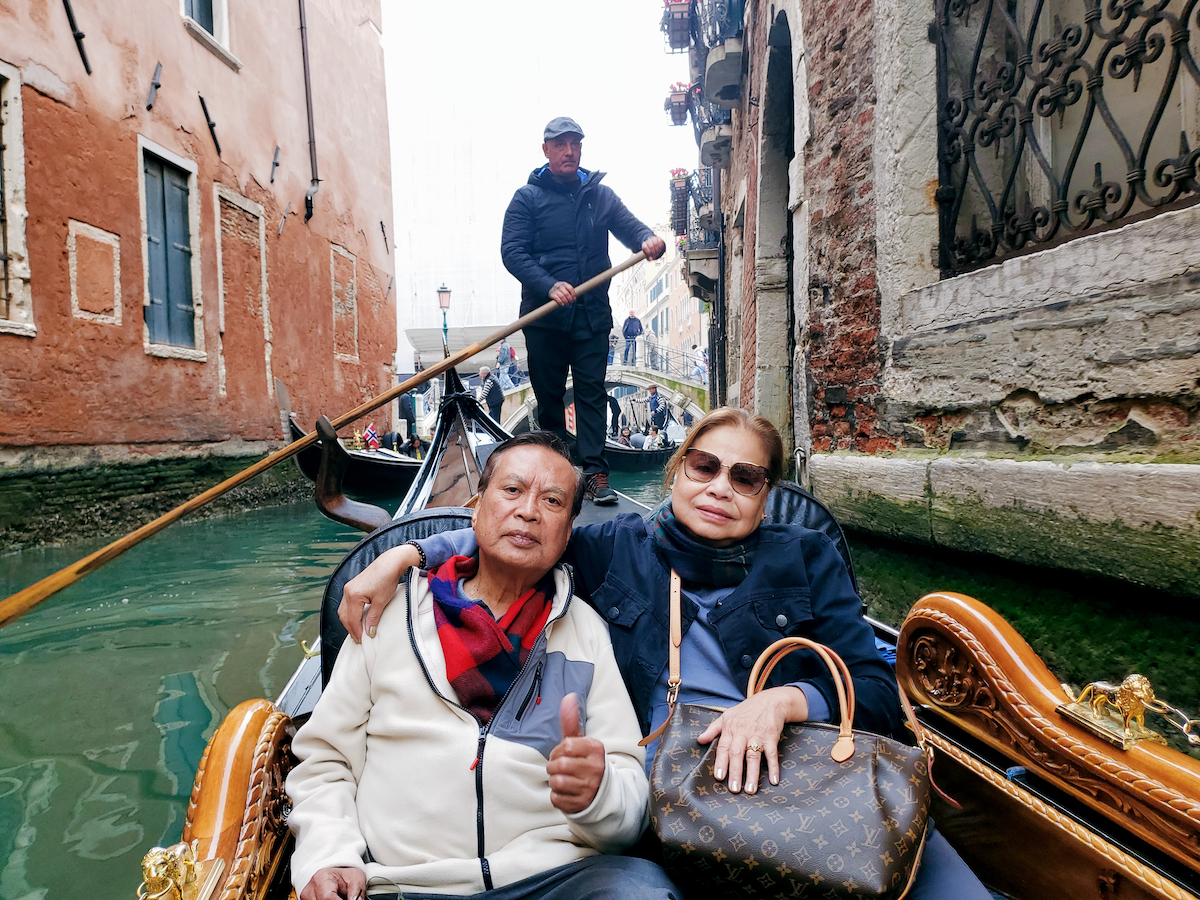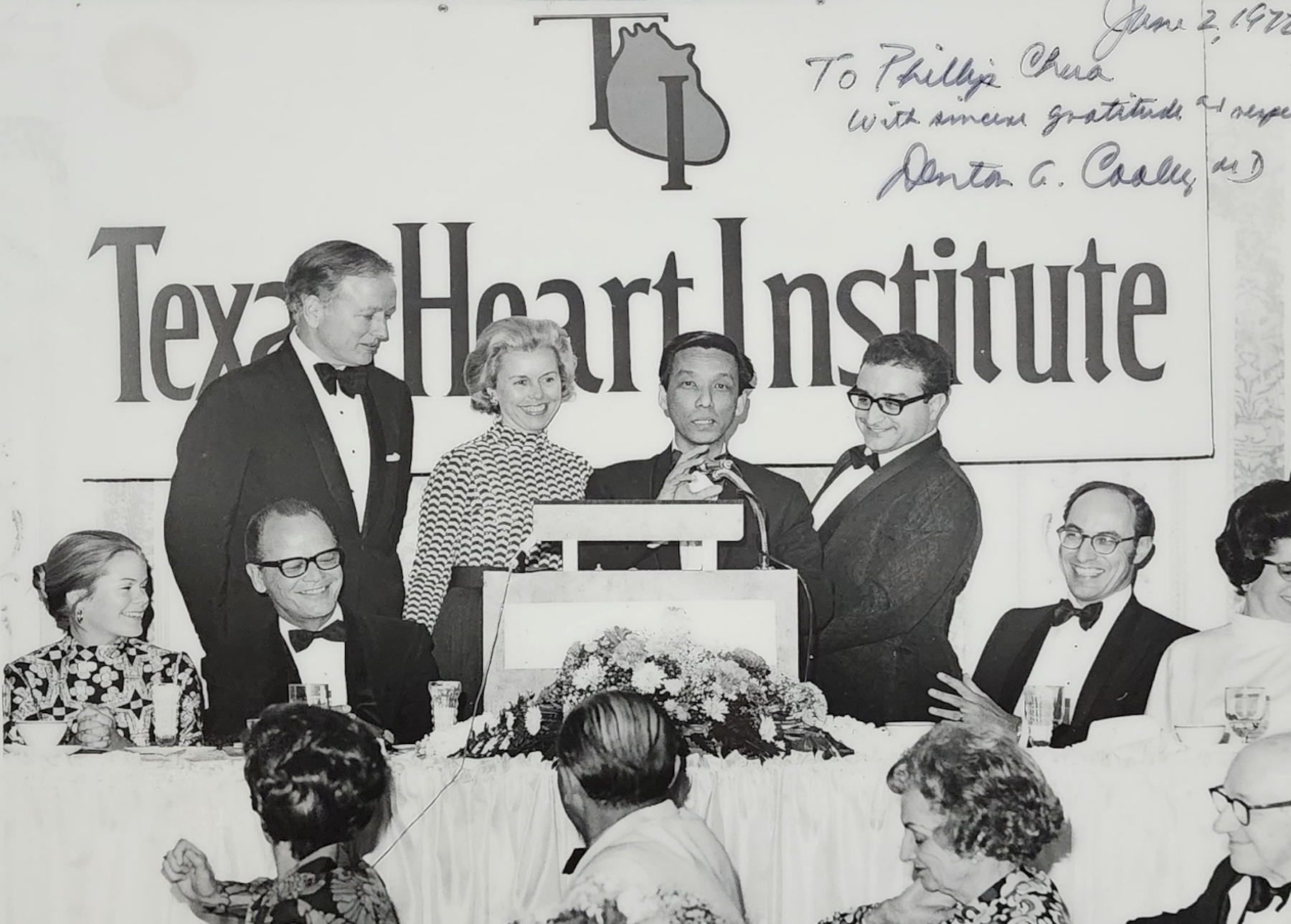IT looks like we will not yet see the end of the speculation and argument over whether the Resorts World incident was a terrorist attack or one perpetrated by a despondent gambler.
While forensic amateurs, Facebook detectives and the sensationalist media are fanning the embers of intrigue and conspiracy, Resorts World lawyers and the government of President Rodrigo Duterte may be holding fast to one theory or the other for reasons of ultimate accountability and corresponding financial damages.
However, I think we should view with skepticism the claim of ISIS that they had something to do with the incident. There is an obvious propaganda payoff for ISIS if people were to believe the panicky reports of CNN and the usual mindless remarks of President Donald Trump.
Mind you, it could have been the handiwork of one single independent terrorist – but it stretches credibility to attribute the clumsy effort to ISIS. If ISIS had something to do with it, its evil masterminds should be ashamed of their amateurish work.
At any rate, If it was a terrorist attack, then the principle of force majeure could come into play and free the owners of Resort World from a heavy financial burden (even a criminal burden).
On the other hand, if it was the handiwork of a lone gunman, the owners of the casino and hotel will have to answer many uncomfortable questions, and be accountable for damages, particularly the claims of the families of the fatalities.
Why was security so lax? How could a man carrying a weapon have gotten past the security guards unchallenged? Why were the fire prevention systems and the corresponding safety systems not operational – or were there any at all?
In any case, the Philippine National Police will also have to explain why their response to the crisis was so reminiscent of the Keystone Kops and the Luneta carnage, during the early months of the tenure of President Benigno Aquino III.
If the PNP could not adequately cope with the act of one lone criminal, how in heaven’s name can General Bato’s Finest face a terrorist blitz?
In contrast, in the recent terrorist attack in London, the police responded within eight minutes and killed the three identifiable perpetrators (the authorities are still looking into the possible involvement of others).
I frankly think that it is irrelevant for ordinary citizens like us whether or not the Resorts World tragedy was an act of terrorism or an act of desperation by a debt-ridden gambler. Let the lawyers fight that out in court.
What is relevant to us is the confidence that we can have in the ability of the authorities and the management of public facilities to ensure our safety – or to act with dispatch and efficiency in the event of a crisis.
Whether we like it or not, we are now living in a world fraught with dangers and every time we venture into the streets and mingle with large crowds, we are all fair game for a lone, demented killer or a band of suicide bombers.
I really find it ridiculous to watch the near-robotic efforts of security guards at shopping malls to check incoming vehicles for explosives. With a mirror attached to a pole, they pretend to check under the vehicles (I swear the guards don’t even bother to look) and, having done their routine, they signal the drivers to move on.
You are almost tempted to tell the security guards that there is a bomb hidden in a bag inside the car – except that jokes like that can get you into serious trouble (I can’t even say Hi to my son-in-law at an airport, because his name is Jack).
Admittedly, it is extremely difficult to anticipate a criminal or terrorist attack and just as difficult to ensure the safety of people in a crowded place, but there are ways of minimizing the dangers.
We should assume that the intelligence agents of the military and the police are embedded in sensitive areas to enable them to sense suspicious activities and send out the necessary red flags.
I recall that during the Marcos regime, military intelligence had innocuous people planted in local government offices and barangays to sniff out furtive acts of cadres and suspected sympathizers. This is probably SOP up to now.
Following the bombing incident before the opening of the XXVI Olympics in Atlanta, Georgia in 1996, I proceeded with my trip to the games, reassuring my wife that the venue would be the safest place in America. True enough, there was not one corner in the venues not covered by security personnel.
The question is, how well-trained are the PNP and military for terrorist incidents, such as those that have hit France and England in recent months? The other question is, how trained are civilians for such incidents?
During the Japanese occupation, townsfolk were trained to rush to the nearest air raid shelters or foxholes at the sound of an air attack, which was usually followed by bombings. Shouldn’t there be a similar contingency exercise?
Apparently, there was not even a fire alarm contingency plan in place at Resorts World. What about the other casinos and hotels in Metro Manila and the big provincial cities?
There are those who will protest that such emergency plans could have a negative effect on tourism and cause undue anxiety among the citizenry. Well, let me assure these worriers that word has already spread around the world warning folks against danger spots like Manila and Mindanao, as well as cities in Europe. Isn’t it better to be prepared than sorry?
I first learned about the Resorts World incident from my sister. She phoned me from Maryland, anxiously asking if I was in Manila because “Manila is under attack by terrorists.”
She had picked up the frightful news from CNN.
I really think that scaring off tourists should be the least of our worries, although Philippine media should act more responsibly. What CNN did may have been the equivalent of shouting, “Fire!” in a crowded theater.
Nevertheless, the safety of the citizenry should be given priority. That’s just too bad for our tourism industry.
The Resorts World incident clearly caught the management and the authorities flatfooted. They should not allow that to happen again.





